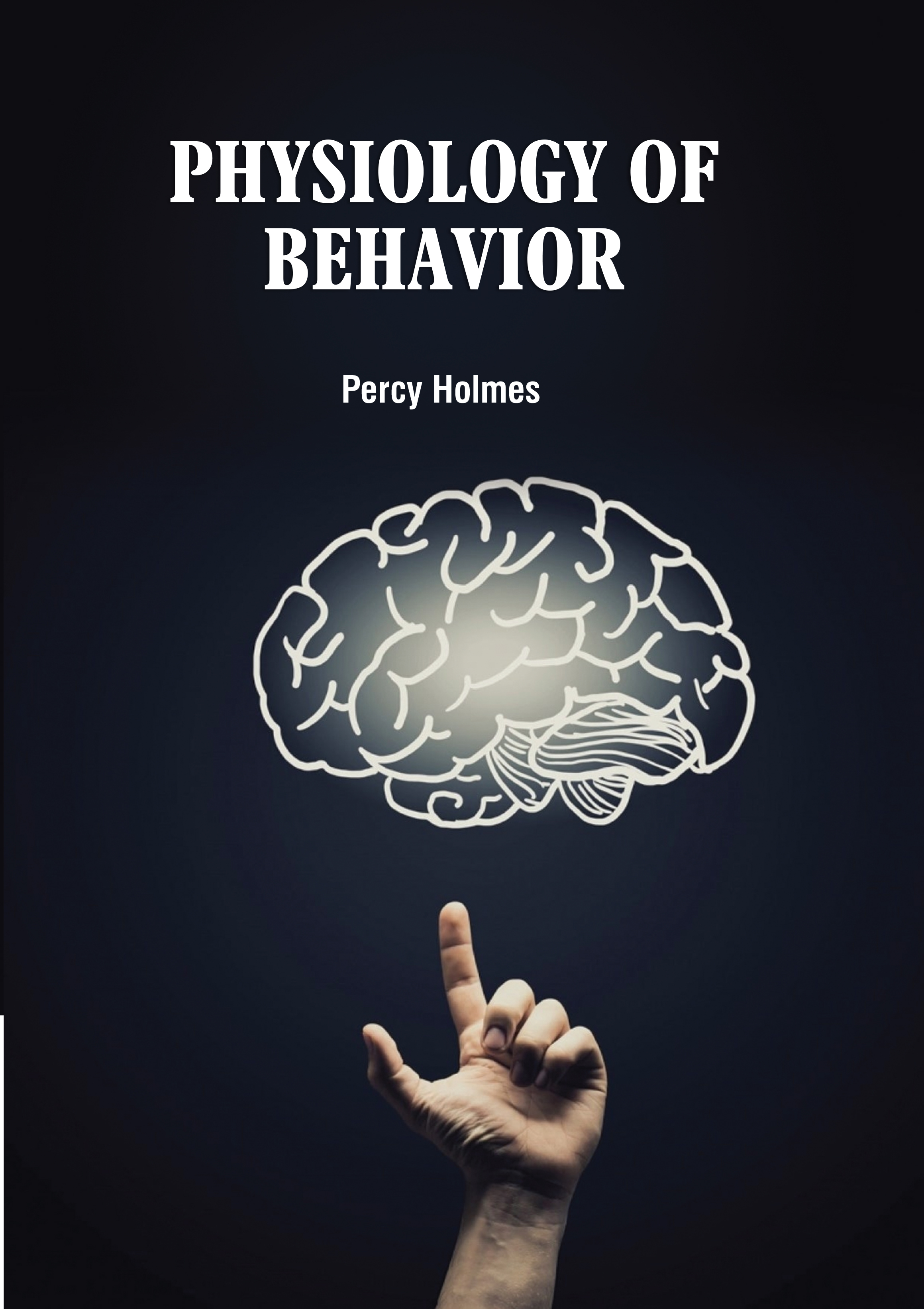
Physiology of Behavior
by Percy Holmes
| ISBN | 9789372427363 |
|---|---|
| Publisher | Digital Drive Learning |
| Copyright Year | 2026 |
| Price | $262.00 |

by Percy Holmes
| ISBN | 9789372427363 |
|---|---|
| Publisher | Digital Drive Learning |
| Copyright Year | 2026 |
| Price | $262.00 |
The subject of Physiology has made significant advances all over the world and the new inputs keep on getting added everyday. The present book attempts to incorporate some of the relevant aspects of newer knowledge while keeping in mind the basic objective-a clear and comprehensive presentation of the matter which is easy to understand. Text is supported by well-labelled diagrams, flow charts and tables for easy reference. Abnormal psychology is the branch of psychology that studies unusual patterns of behaviour, emotion and thought, which may or may not be understood as precipitating a mental disorder. Although many behaviours could be considered as abnormal, this branch of psychology generally deals with behaviour in a clinical context. Emotions exert and incredibly powerful force on human behaviour. Strong emotions can cause you to take actions you might not normally perform, or avoid situations that you generally enjoy. So what exactly are emotions? What causes these feelings? Learn more about some of the major theories of emotion that have been proposed by researchers, philosophers and psychologists. Physiological psychology is a subdivision of behavioral neuroscience (biological psychology) that studies the neural mechanisms of perception and behavior through direct manipulation of the brains of nonhuman animal subjects in controlled experiments. Physiological psychology studies many topics relating to the body's response to a behavior or activity in an organism. It concerns the brain cells, structures, components, and chemical interactions that are involved in order to produce actions. Psychologists in this field usually focus their attention to topics such as sleep, emotion, i n g e s t i o n , s e n s e s, re p ro d u c t i ve b e h a v i o r, l e a r n i n g / m e m o r y, c o m m u n i c a t i o n , psychopharmacology, and neurological disorders. The basis for these studies all surround themselves around the notion of how the nervous system intertwines with other systems in the body to create a specific behavior. This field of psychology takes an empirical and practical approach when studying the brain and human behavior.